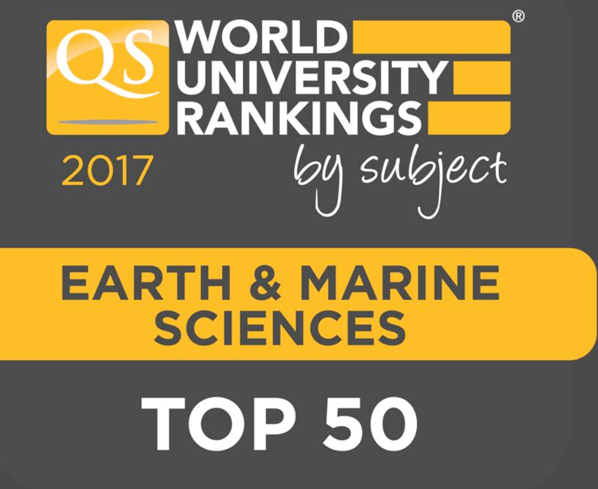
IMAS Executive Director Professor Richard Coleman has welcomed the latest QS World University Rankings, which rate the University of Tasmania among the top 50 in the world for marine science.
For the first time, the QS Rankings by Subject for 2017 list the University in the top 50 for Earth and Marine Sciences, which cover the bulk of IMAS’s research and teaching activities.
“Since IMAS was established in 2010, the University of Tasmania’s QS ranking in Earth and Marine Sciences has risen from the top 150 to the top 50,” Prof Coleman said.
“This continuing improvement is a clear sign that IMAS is delivering on its goal of providing world class research and education in marine and Antarctic studies.
“This result is no flash in the pan and follows the Australian Research Council’s 2015 Excellence in Research for Australia (ERA) ratings, which listed the University as being well above world standard across all of IMAS’s research areas.”
Prof Coleman said IMAS offers two undergraduate degrees covering marine science, a Bachelor of Marine & Antarctic Science and a Bachelor of Applied Science (marine environment), and is home to world leading researchers across interdisciplinary areas of marine science – physical, chemical and biological oceanography, marine geoscience, marine ecology, fisheries and aquaculture, and marine law and governance.
“This year’s strong performance in the QS Rankings is testament to the extraordinary quality and hard work of IMAS’s staff and students and I congratulate them on this achievement.
“Tasmania has obvious natural advantages when it comes to marine science, with long-established expertise in marine, fisheries and aquaculture research, a critical mass of high-quality scientific research organisations, and a leading position as a gateway to the Southern Ocean and Antarctica.
“We will continue to work hard to build on these advantages and to cement IMAS and the University of Tasmania as a destination of choice for world-class researchers and students in marine science,” Prof Coleman said.